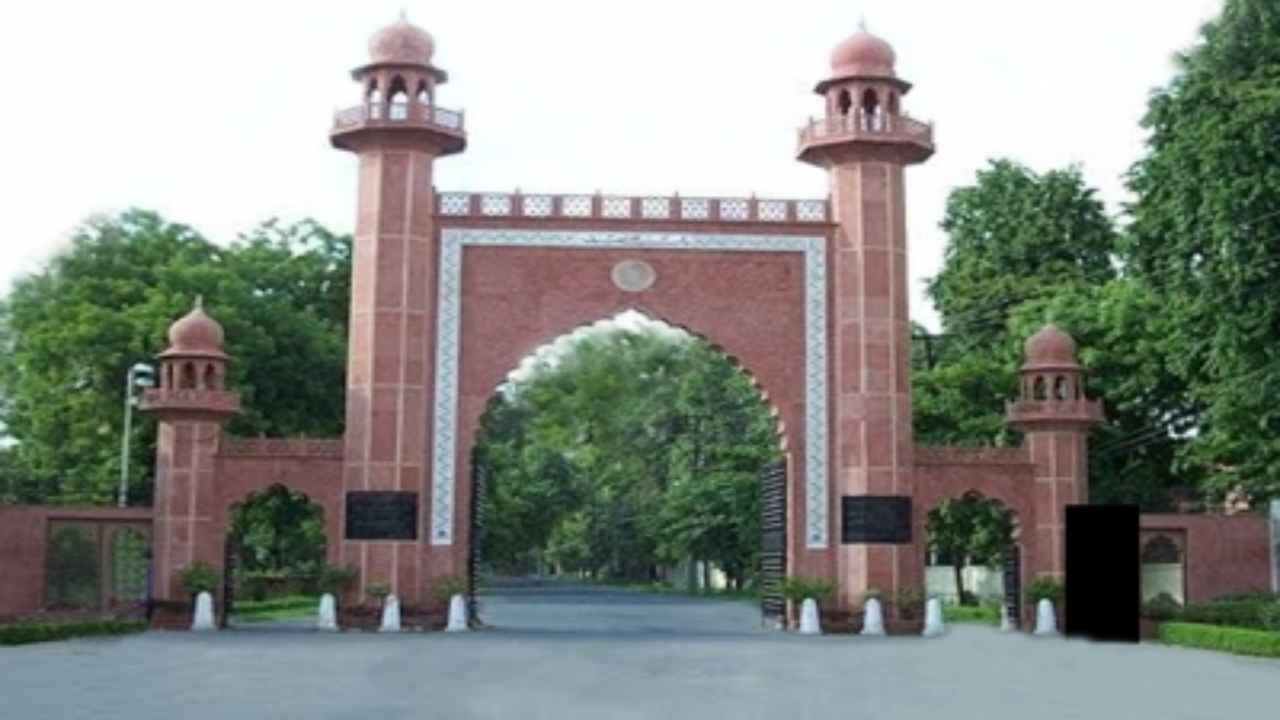On the 151st birth anniversary of Mahatma Gandhi on Friday, Aligarh Muslim University (AMU) paid tributes to the ‘Father of the Nation’ with a virtual event organised by the Maulana Azad (MA) library.
Addressing teachers, students, and other staff through a video conferencing platform, AMU Vice-Chancellor Tariq Mansoor said that Mahatma Gandhi’s directives on how to contain the South African plague can be useful for the Covid-19 affected world.
Gandhiji had then urged people to stay where they are without panicking and not disclose the fact that they have been infected.
He asked people to stay clean, keep their residences well-ventilated and sanitised, wear clean clothes, avoid lavish dinners and feasts, not use articles used by infected persons, maintain physical distances in rooms of normal proportions, not sleep in kitchens and walk a couple of miles daily for exercise.
“Gandhiji opposed partition until the very end, seeing it as contradicting his vision of unity among Indians of all religions. He was traumatised and lamented by admitting that India won the freedom, but did not attain the Swaraj,” said the Vice-Chancellor.
Mansoor pointed out that Mahatma Gandhi arrived in India in 1915 after staying for over two decades in South Africa.
He reached India after visiting England and was fully prepared to take forward the freedom struggle.
Speaking on Gandhi’s resistance movement in South Africa, the Vice-Chancellor pointed out that as a 23-year-old barrister assisting a lawyer of an Indian merchant in Natal, Gandhiji witnessed humiliations faced by people of colour, but that did not dishearten him and it brought out the best in his personality – a strong sense of duty and an urge to serve humanity.
Mahatma Gandhi’s Satyagraha inspired the resistance movements all over the world including South Africa, he said adding, “Gandhiji protested against oppression and tyranny on all sections of society and communities and promoted the idea of bringing self-reliance in rural areas.”
“Mahatma Gandhi always believed that nations can only progress if there is equality and tolerance among populations,” said the Vice-Chancellor.
Mansoor later administered an online pledge to work with dedication for preserving and strengthening the freedom and integrity of the nation.
He also led AMU teachers, students, and non-teaching staff in a ‘Swachchta Shapath’ (Cleanliness Pledge) by saying that Mahatma Gandhi had dreamt of a developed and clean nation.
Earlier in the day, the Vice-Chancellor inaugurated a virtual exhibition of rare books, documents, journals, and finely-curated photographs depicting all the significant events from Mahatma Gandhi’s life.
AMU Pro Vice-Chancellor, Zaheeruddin, and Registrar, Abdul Hamid (IPS) also attended the virtual event.
M Rizwan Khan (Chairman, Department of English) pointed out that ‘Gandhiji’ today is more relevant as an idea than as a historical figure.
Speaking on how Gandhiji became a Mahatma (Great Soul), Khan said that he founded an ashram that was open to all castes. Wearing a simple loincloth and shawl, Gandhi lived an austere life devoted to prayer, fasting, and meditation.
He added that Gandhiji was more than just a social reformer and a freedom fighter as he worked for Hindu-Muslim unity and gender equality and almost all issues related to the betterment of society.
“Gandhi was the leader of Indian expatriates in South Africa, whereas, in India, he was the leader of millions of Indians. He eventually became a figure of global historical importance,” said Khan pointing out that parallels of Gandhi’s movement can be seen in the USA and South Africa as he inspired movements all over the world.
“More importantly, Mahatma Gandhi looked at himself as a common human, who was living a simple life and finding solutions rather than holding others responsible,” he emphasised.
M Shakeel Ahmed Samdani, Dean, Faculty of Law, said that Gandhiji often felt helpless when he saw the world in turmoil, a result of the differences between ideals.
He added that Mahatma Gandhi inspired the world with his faith in truth and justice for all mankind. Gandhiji was a great soul who loved even those who fought against his ideals to bring about peace with non-violence.
He pointed out that today the backward castes in India are living dignified lives with government jobs and the best of education because Gandhiji laid the ground for it through his struggle.
–IANS


















